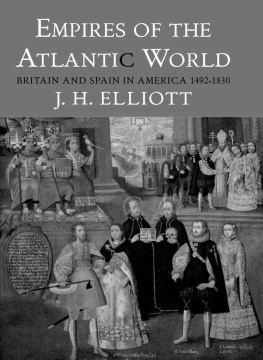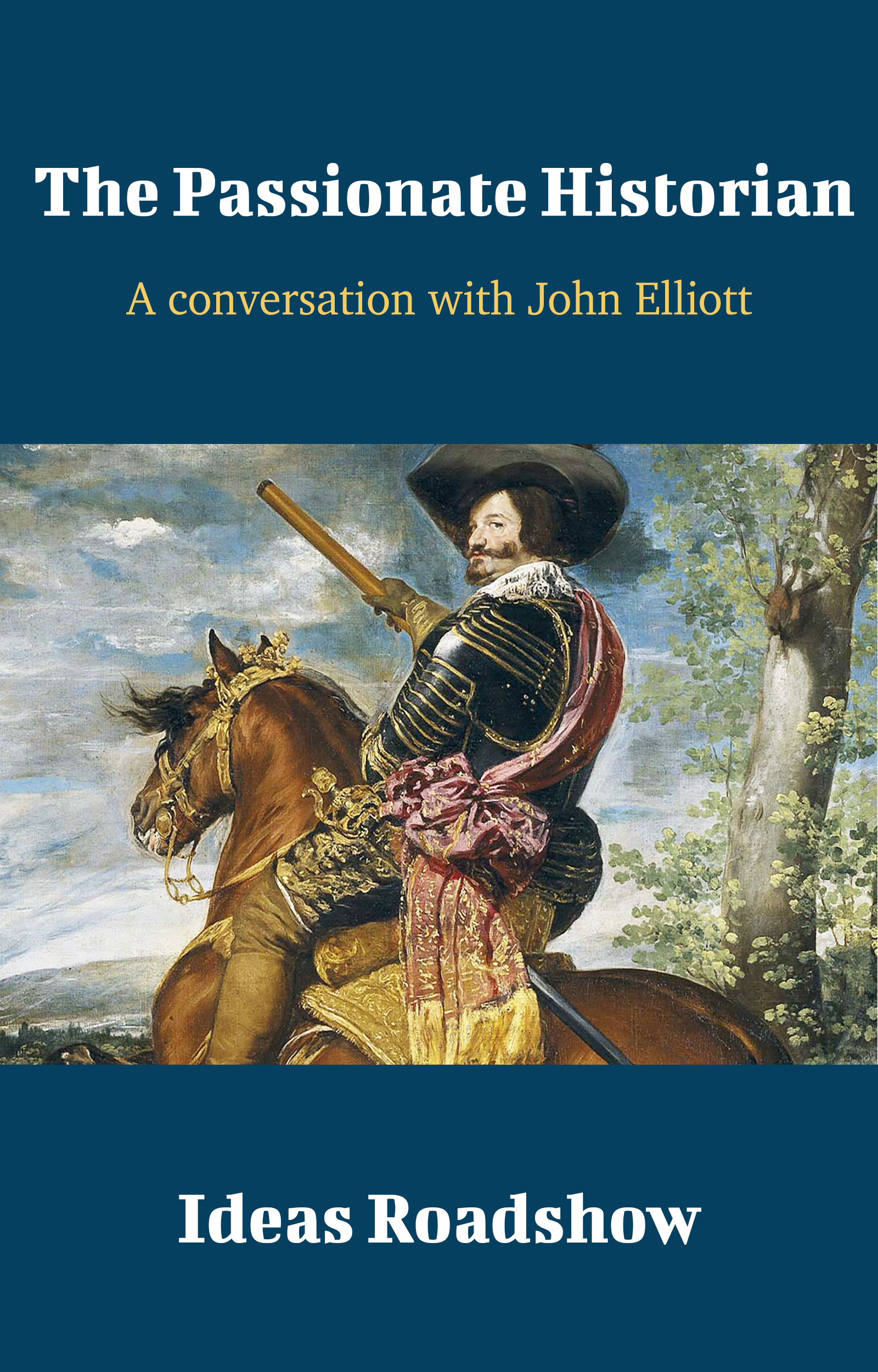The contents of this book are based upon a filmed conversation between Howard Burton and John Elliott in Oxford, England, on March 25, 2013.
Introduction
Two Cheers for Objectivity
Whats the point of history?
For Herodotus, the man generally acknowledged to have launched the discipline, the answer was crystal clear. He told us, so that human achievements may not become forgotten in time, and great and marvellous deedssome displayed by Greeks, some by barbariansmay not be without their glory.
This determination to establish the historical record, to preserve our achievements and disappointments against the ravages of time, has lasted better than Herodotus could have possibly imagined. The Histories, after all, is still enthusiastically read and enjoyed some 2500 years after it was written, long after its authors world has entirely crumbled away. Thats some serious staying power.
But while Herodotus continues to be read, his track record as a purveyor of historical truth has long been called into question. When Thucydides began writing his masterpiece a few decades later, he took great pains to pronounce that, in stark contrast to others (meaning, presumably, Herodotus), he felt no compulsion whatsoever to indulge in fanciful folk-tales or playful speculations. The job of a historian, Thucydides airily informed us, is simply to record what has happened, plain and simple.
Except that, most of the time at least, its neither plain nor simple.
Genuine objectivity involves a steadied sense of detachment, yet a good historian must be sufficiently obsessed about his subject matter to carry out the necessary work to do it justice.
Take John Elliott, one of the worlds most distinguished historians, who is perfectly placed to guide us through this complex psychological landscape. An Englishman who has spent his career immersed in the subtleties of early modern Spain, he has a natural understanding of objectivitys double-edged sword.
If youre studying a society other than your own,you obviously want to observe it as closely as you can, as objectively as you can; and yet you also want to be assimilated within that society in order to understand it better. This is the dilemma that faces every historian working on a foreign theme, every anthropologist working in an alien society.
My particular dilemma, when I went to Catalonia and spent my time in the archives there in the mid-1950s, was that I deeply felt the sufferings of the Catalans. The language was prohibited as an official medium: it couldnt be taught in the schools. One of the first things I did was to learn Catalan; and the more I got to know the Catalan society in the 1950s, the more I was distressed by the degree of oppression by the Franco regime, which was effectively trying to eliminate a whole cultural world, a whole national identity.
I felt extremely sympathetic to the Catalans at that moment. And yet at the same time I came up against this dilemma that what I thought theyd written about their revolt in the 1640s, and indeed about their history from then onwards, was terribly skewed: it was a constant attempt to see themselves as being victimized by their more powerful neighbours, the Castilians. I had to find a balance, as it were, between my innate sympathies for an oppressed people, and my realization that, in my view, theyd got their history badly flawed. And that was a dilemma.
In my book, History in the Making, I tell this story about how I went walking with the most famous Catalan historian of the old school, a man called Ferran Soldevila, and I asked him to sing for me the song sung by the rebels of 1640, which became (and still is) the Catalan national anthem. As we went walking in the hills and he began to sing, the tears ran down his cheeks. And for the first time I realized what it was to be an oppressed nationality.
I had been brought up as a free Englishman. This was something totally alien to my own experience and I think it had a deep impact on me. And yet at the same time, I had to tell this man and others that what I was finding was not in line with what they had been telling generations of Catalans. This was awkward.
Awkward, of course, is a classic British understatement that perfectly summarizes the problem while deftly revealing the moral sentiments of the writer. Listening to John candidly detail his own struggles between the personal and the professional, it is hard to avoid the conclusion that there is something about that wet, little island, some ideal combination of wry irony and unrelenting criticality, that magically gives rise to the ideal historical temperament.
In preparation for our discussion, I spent considerable time searching through History in the Making, looking for bold, sweeping, generalizations about how history could or should be done, grandiose pronouncements about evolving trends in historiography or even fanciful speculations on the ideal historical temperament.
There was, characteristically, nothing to be found along any of those lines.
Notwithstanding his wealth of experience and impeccable reputation, John emphatically eschews the slightest whiff of bombast. He simply speaks engagingly about his experiences, telling us, as frankly as he can, what he has done, why he has done it and what he was feeling while doing it.
I did, finally, unearth one piece of advice, however. Historians, John tells us, should be just as concerned with the present as they are with the past.
If youre a historian youre trying to be objective, but you know that pure objectivity is impossible because youre a product of your own society. And for that reason, I think youve got to be able to situate yourself in your own cultural, national, international world, and your own century, in order to understand better what are likely to be the limits and the prejudices which will affect your historical work. So you have one foot in the past and one foot in the present, as I see it, and youve got to be alive to both.
I give a specific example in the book when I lost the way and I asked a traffic policeman for directions. I asked in Catalan without thinking, and he immediately said, Speak the language of the Empire in Castilian. And I had been reading a pamphlet of the 1630s the week before, which said, These people dont speak the language of the Empire .









